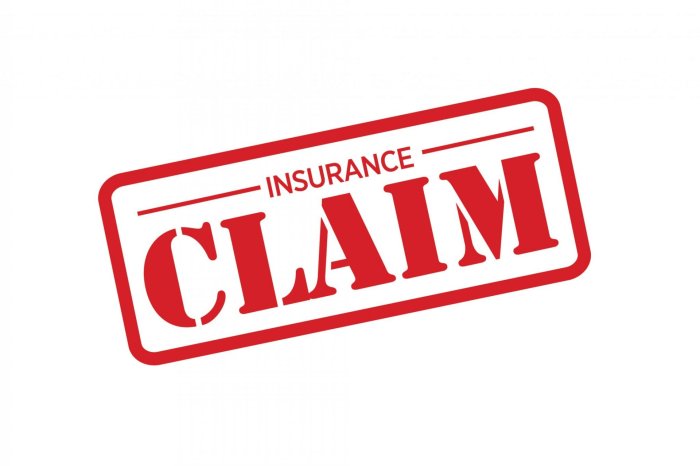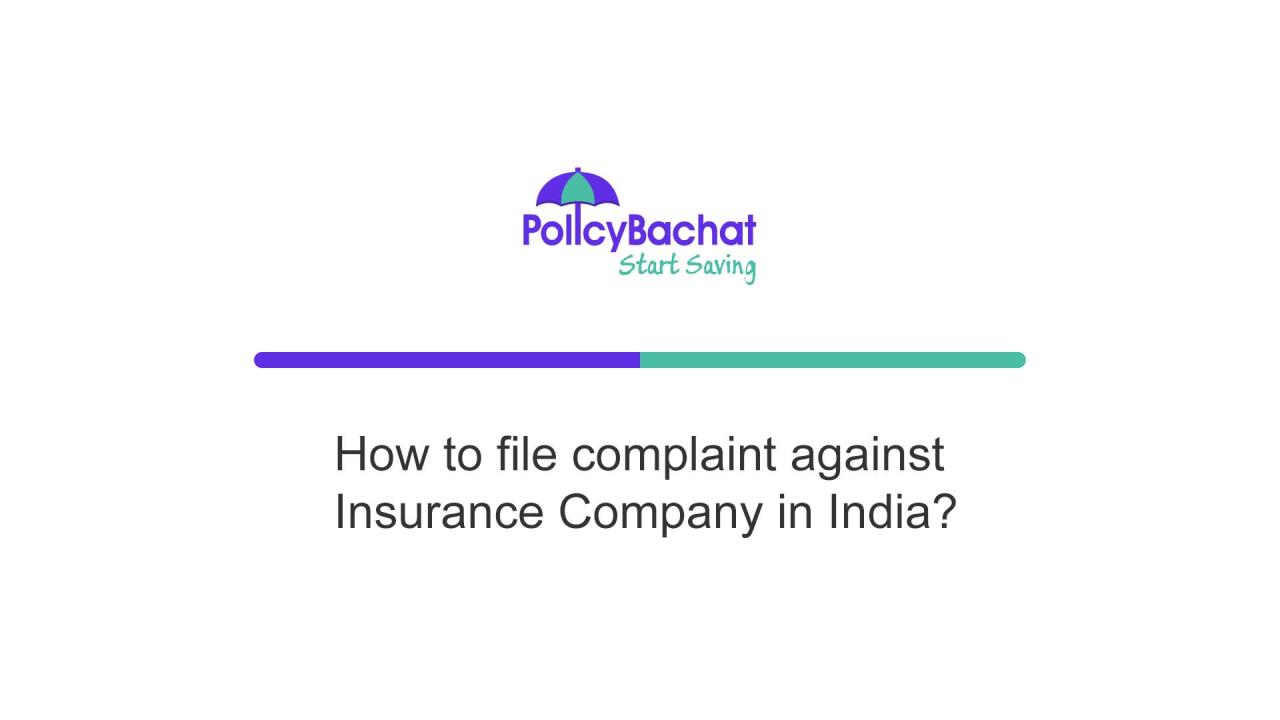Navigating United Equitable Insurance Claims: A Comprehensive Guide
Filing an insurance claim can be a stressful experience, fraught with paperwork and uncertainty. This guide delves into the intricacies of navigating United Equitable insurance claims, providing a clear understanding of the process, potential pitfalls, and strategies for a smoother experience. From understanding claim denials and appealing adverse decisions to comparing United Equitable’s practices with competitors, we aim to empower policyholders with the knowledge they need to protect their interests. We explore the typical claim process, required documentation, and associated timelines for various claim types. We also examine the roles and responsibilities of claims adjusters, the impact of technology on claim handling, and the legal and financial aspects of claim settlements. Through illustrative case studies and frequently asked questions, this guide offers a practical and insightful look at the world of United Equitable insurance claims. United Equitable Insurance Claims Process Overview Navigating the claims process with United Equitable Insurance requires understanding the sequential steps, necessary documentation, and anticipated timelines. This overview provides a structured approach to help policyholders efficiently manage their claims. Failure to provide complete and accurate documentation can significantly delay the process. The claims process at United Equitable Insurance generally involves several key stages, beginning with initial notification and concluding with settlement or denial. The specific steps and required documentation may vary depending on the type of claim (auto, home, health, etc.). Timelines are also affected by factors such as the complexity of the claim and the availability of necessary information. Initial Claim Notification Policyholders should report claims as soon as reasonably possible following the incident. This initial notification typically involves contacting United Equitable’s claims department via phone or online portal. At this stage, providing basic information such as policy number, date of incident, and a brief description of the event is crucial. Failure to promptly report the incident could impact coverage. Documentation Requirements The specific documentation required varies by claim type. However, common documents include the policy, a detailed account of the incident, and supporting evidence. For auto claims, this might include police reports and photos of vehicle damage. Home claims may necessitate detailed property damage assessments and contractor estimates. Health claims typically require medical bills, diagnostic reports, and physician statements. Claim Processing and Investigation Once the initial notification is received, United Equitable will assign a claims adjuster to investigate the claim. This investigation may involve reviewing submitted documentation, contacting witnesses, and conducting site visits (where applicable). The adjuster will then determine the validity of the claim and the extent of coverage. Complex claims may require additional investigation, potentially extending the processing time. Settlement or Denial Following the investigation, United Equitable will issue a decision on the claim. If approved, the settlement will be processed according to the terms of the policy. This may involve direct payment to the policyholder, payment to a third-party provider, or a combination of both. Claims may be denied if they do not meet the terms of the policy or if sufficient evidence is lacking. Policyholders have the right to appeal denied claims, following the Artikeld appeal process. Claim Timelines Timelines for claim processing vary considerably depending on claim type and complexity. Simple auto claims might be resolved within a few weeks, while more complex claims involving significant property damage or litigation could take several months or longer. Homeowner claims, especially those involving substantial structural damage, can also have extended processing times. Health claims processing times are influenced by the complexity of medical procedures and the need for multiple medical records reviews. United Equitable aims to provide timely processing, however, unforeseen delays may occur. Understanding Claim Denials from United Equitable Navigating the claims process with any insurer can be complex, and United Equitable is no exception. Understanding the reasons behind claim denials is crucial for policyholders to effectively advocate for their benefits. This section Artikels common causes for denial, provides illustrative scenarios, and offers strategies for appealing a rejected claim.Common Reasons for Claim Denials by United Equitable Policy Exclusions Many claim denials stem from policy exclusions. These are specific circumstances or conditions explicitly excluded from coverage within the policy document. For instance, pre-existing conditions often fall under this category. Policies may also exclude certain types of treatments or procedures, or limit coverage based on location or provider. Carefully reviewing your policy’s terms and conditions is essential to avoid unexpected denials. Lack of Necessary Documentation Insufficient or missing documentation is another frequent cause of claim denial. United Equitable, like most insurers, requires specific forms and supporting evidence to process claims accurately. This might include medical records, police reports, or receipts depending on the type of claim. Failure to provide the required documentation within the specified timeframe often results in denial. Failure to Meet Policy Requirements Claims may be denied if the policyholder fails to meet specific requirements Artikeld in their policy. This could involve timely notification of the incident, seeking pre-authorization for certain medical procedures, or adhering to specific treatment protocols. Non-compliance with these stipulations can invalidate the claim. Incorrect Claim Filing Errors in the claim submission process itself can lead to denial. This includes submitting incomplete forms, providing inaccurate information, or missing deadlines for submission. Even minor errors can delay or prevent the processing of a claim. Double-checking all information before submission is vital. Examples of Scenarios Leading to Claim Denials Understanding specific scenarios helps illustrate how common reasons for denial manifest. Pre-Existing Condition Exclusion Imagine a policyholder with a pre-existing heart condition who experiences a heart attack. If their policy explicitly excludes coverage for pre-existing conditions, their claim for treatment related to the heart attack will likely be denied. Failure to Obtain Pre-Authorization A policyholder requires a specialized surgery. If their policy requires pre-authorization for such procedures and they fail to obtain it before undergoing the surgery, the claim for the surgical expenses might be denied. Untimely Notification Consider a scenario where a policyholder’s car is stolen. If they fail to report the theft to United Equitable and the police within the stipulated timeframe Artikeld in their policy, their claim for the stolen vehicle may be rejected. Strategies for Appealing a Denied Claim Appealing a denied claim requires a systematic approach. Review the Denial Letter Carefully examine the denial letter to understand the specific reason for the rejection. Identify any missing documentation or areas of non-compliance. Gather Supporting Documentation Compile all necessary supporting documentation to refute the reason for denial. This may include additional medical records, expert opinions, or legal documents. Submit a Formal Appeal Follow United Equitable’s formal appeal process Artikeld in your policy or on their website. This usually involves submitting a written appeal letter with supporting documentation within a specified timeframe. Consider Legal Counsel If the appeal is unsuccessful, seeking advice from a legal professional specializing in insurance claims may be necessary. They can assess the situation and advise on further legal action. Comparing United Equitable Claims Process with Competitors Navigating the insurance claims process can be a complex and often frustrating experience for policyholders. Understanding the nuances of different providers’ claim handling practices is crucial for informed decision-making. This section compares United Equitable’s claims process to that of two other major insurance providers, highlighting key similarities and differences to provide a clearer picture of the landscape.The following table summarizes key aspects of the claims process across three prominent insurance companies. … Read more


